

on Campus
experiencing activities

of the highest caliber
a continuous impact in the global maritime community
On Wednesday 4/12/2024, at 18:00 in the Conference Hall of the University of Piraeus (main building), the Department of Maritime Studies organises a Conference on "ESG and Shipping. The role of accounting information and financial analysis".
Professors of the Department as well as guest speakers from the business sector will participate in the conference.
Read more
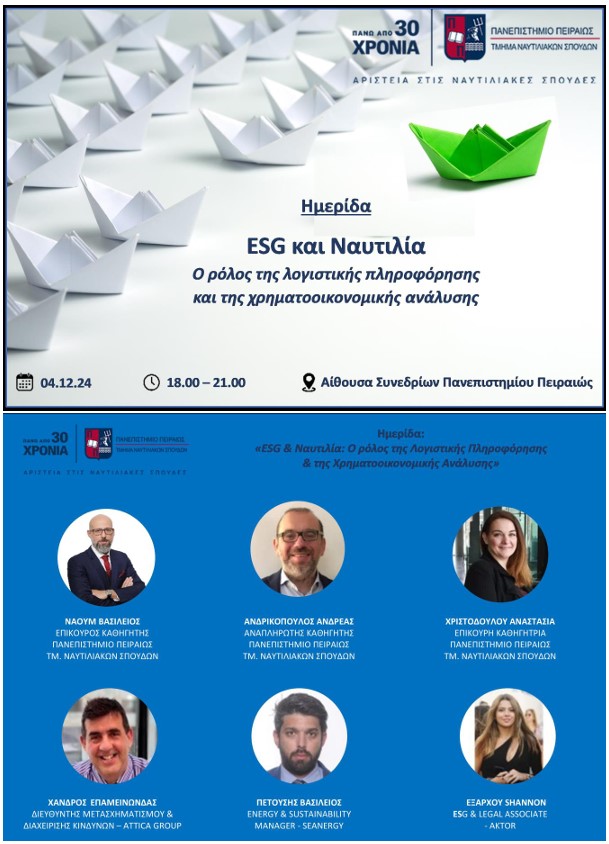
On Thursday, November 21, 2024, the Department of Maritime Studies and its president, G. Theotokas, welcomed the former Secretary General of IMO, Efthimios Mitropoulos, who spoke to the first-year students about the International Maritime Organization, within the framework of the Course "International Institutional Framework of Shipping".
The students, at the end of the presentation, had the opportunity to submit their questions and discuss with Mr. Mitropoulos.
Read more
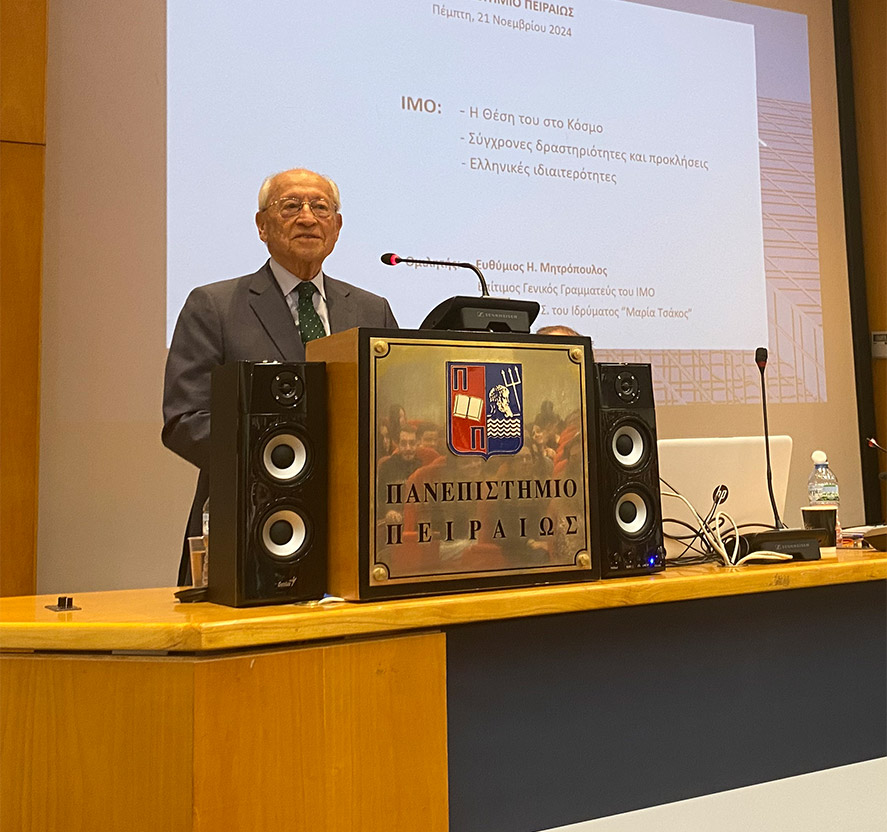
The Department of Maritime Studies of the University of Piraeus actively participated in the Annual Conference of the International Association of Maritime Economists (IAME2024) held in Valencia, Spain, June 25-28, 2024. The department formed the largest university representation at the conference. During the conference, the faculty and PhD candidates of the Department presented their innovative research, shared their knowledge, and engaged in scientific discussions with the international academic community.
Read more
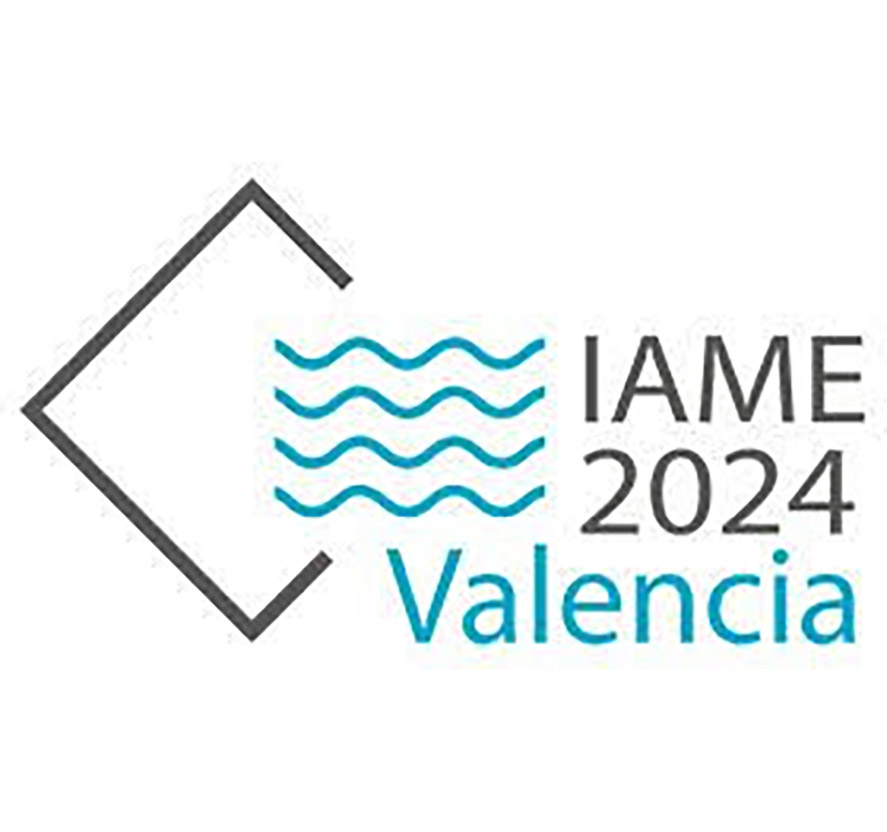
Find out about the department's activities

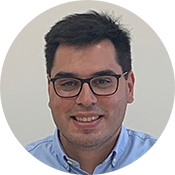
"Upon commencement of my course with the Department of Maritime Studies in 2002, I witnessed the unfolding of the whole spectrum of maritime cluster activities, both on a national and worldwide level. The Department covers a wide range of specialties, amongst others; macro-economics, accounting, the management of shipping companies and environmental protection etc. This resulted in my subsequent professional development within the shipping industry to be reliably founded with an appropriate educational background. The Professors’ dedication, passion for shipping and their recognition within the Shipping community was inspirational for us all and proof of the strong relationship between the shipping industry and Greece."
Ioannis PanoriosDeputy Chief Operating Officer - Latsco Marine Management Inc
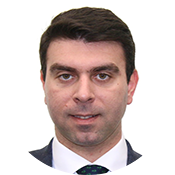
"My decision to study in the Maritime Department of the University of Piraeus proved to be a very important one which set the basis for the enhancement of my academic and professional career. Experienced Professors and their Associates taught us the Science of Economics, specialized in the Shipping Industry by covering uniquely theory and practice of a wide spectrum of the Maritime Cluster such as Shipmanagement, Ports, Shipyards, Multimodal Transportation, Commodities, Financials and Insurance. Above all, I was fortunate enough to meet people who have become friends for life and valued colleagues and have been standing by me in my personal and professional life."
Marinos MarkezinisChartering Manager, Eletson Gas Maritime Ltd

"My studies at the Maritime Studies department helped gain a very deep understanding of the uniqueness of the Shipping sector. The program covered almost all aspects of the business while the Academic Personnel, which constantly promoted excellence, acted as mentors during my career. The most important benefit from my studies, was the access to a wide network of top shipping professionals who have graduated from the same department throughout the years and are currently excelling in global shipping."
Manos PanouCommercial Director at TMS Cardiff Gas Ltd.

"In 2007, I completed my degree in the Maritime Studies department, and I am incredibly thankful for the comprehensive curriculum that prepared me for the diverse challenges of our industry. The program not only equipped me with universal skills but also encouraged me to strive towards advancing in my career. Even after years of graduation, the alumni network remains amicable, creating enduring relationships that go beyond the classroom experience."
Aggelica KemeneManaging Partner at Kaiyo2 Capital, CEO at Optima-X Maritime Innovation Hub, Head of Market Analysis & Intelligence at Optima Shipping Services

"I was fortunate to be in the first intake year of the Department of Maritime Studies of the University of Piraeus in 1990. I graduated with a BSc degree in 1995. The academic curriculum was very innovative and provided me with the necessary foundation for my future professional life. I was also fortunate to meet distinguished faculty members of the University of Piraeus, with whom I have maintained professional cooperation. In addition, I established many personal acquaintances and subsequent professional collaborations with my fellow classmates, many of whom have become renowned shipping professionals. As an active member of the Greek Shipping Community, I am pleased to see the dynamic penetration of the Department’s alumni in many global shipping companies, as well as their continuous professional development."
Stamatis TsantanisCEO, Seanergy Maritime Holdings Corp.

"Proud graduate of the Department of Maritime Studies of University of Piraeus, I took my BSc back in 1995 and since then have been working in the Shipping Industry until 2001 that I joined Trafigura which I am serving as a Managing Director of the Company’s office in Athens. It seems I now have the opportunity to thank my educators for teaching me not only maritime terms and insights but also that dedication, hard work and cooperation are essential in every job we do. Thank you to every single one of you that assisted me in setting and achieving my goals! it worked well!!"
Faye FrangedisDirector Trafigura Maritime Ventures Athens
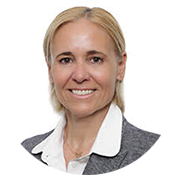
"The Department of Maritime Studies has been a life changing experience and opportunity at the same time. It did offer a range of learning opportunities for those with genuine interest in pursuing a carrier in the Maritime Industry. The structure of the various modules offered on each of the years of study were diverse, well-structured and taught by professors and assistants with genuine interest, not only on the strict learning part of the path to graduation. They were always open to listen, to discuss and to assist. The Department is the place for those who are drawn to the sea and would like to seek their place in the Maritime Industry, as it was for me."
Athina SirimiHead of Underwriting (Europe), London P&I Club
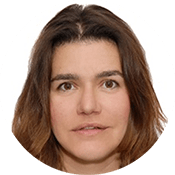
"I joined the Department of Maritime Studies in 1990 (R.N. 90030) and graduated in 1994. Studying at the Department of Maritime Studies was crucial to my development, not only in the extremely interesting subject but also in my zeal, love and the interest of our professors, some of whom were then taught for the first time. They have been and are always willing to help whatever they are asked to do."
Stefania Kollia
© University of Piraeus - Department of Maritime Studies. All rights reserved.